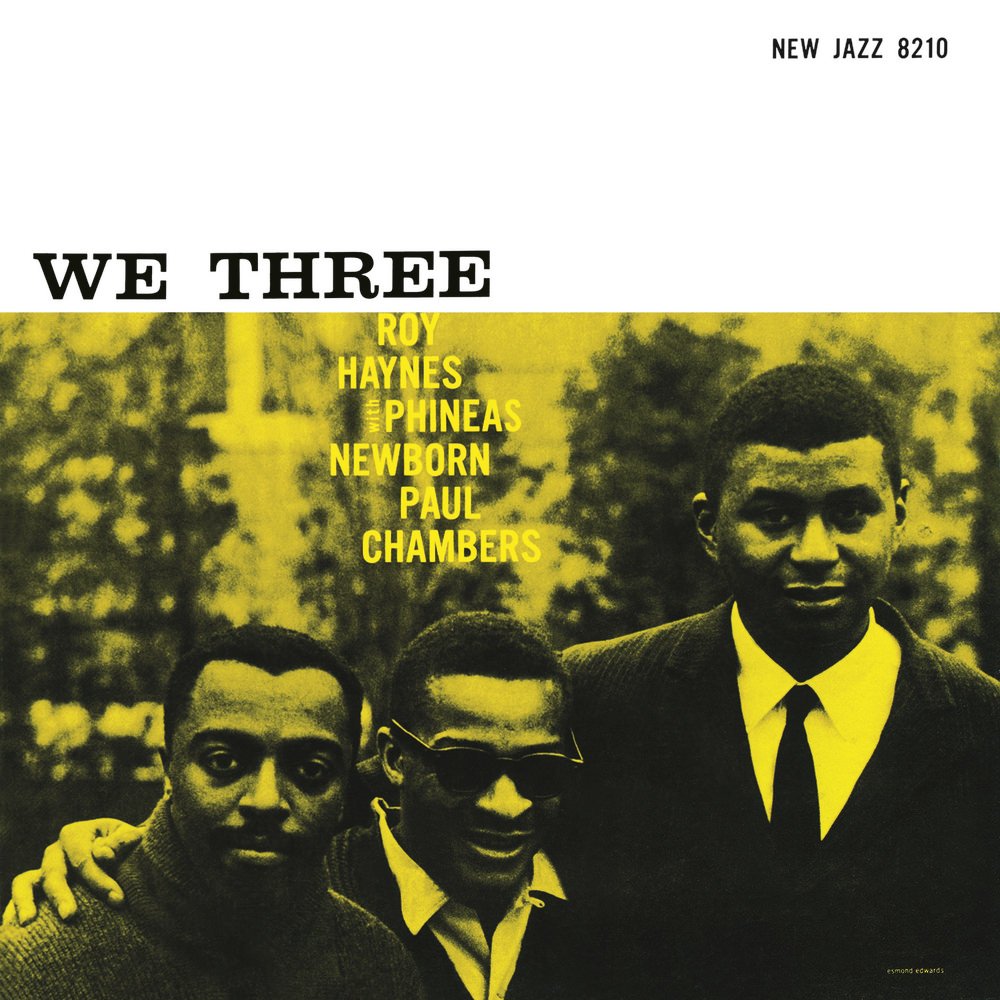LISTEN TO ONE
"Tuxedo Junction" was written and premiered by Erskine Hawkins in 1939; then, after a 1940 cover by the Andrews Sisters, it became a favorite of white dance bands--Glenn Miller, Harry James, Ray Anthony. From that time to this, you could count on the fingers of one hand the number of modern jazz musicians who've covered it, and you'd have fingers left over if you left out the white musicians. Why? because it's strictly from Squaresville? Glenn Miller? You might not think that if you listened to Erskine Hawkins's original, and you would certainly start doing some serious rethinking after listening to what Jimmy Forrest and his crew do to it.
And that's the key to this session--Forrest and his band having a good time and making some good music with some tunes that might well be regarded as guilty pleasures--like "Moonglow," the old Benny Goodman warhorse, which has been recorded by pretty nearly everyone, with the exception of most modern jazz artists (Dizzy Gillespie was one exception), or "Organ Grinder's Swing," composed by Will Hudson, who also wrote "Moonglow."
Detroiter Hugh Lawson worked often with Yusef Lateef, so he was used to doing unusual things with unexpected material.
Calvin Newborn never achieved the recognition that his brother Phineas did, but he had an interesting career. He and Phineas started out in a family band organized by their father, Phineas Sr., and the Newborns became B.B. King's backup band on his first recordings. They went on to become staples of the Memphis music scene, where they were the house hand for Sun Records, and Calvin gave Chester Burnett his first guitar lessons--lessons that would serve young Burnett well when he became Howlin' Wolf. They also befriended a young white kid who used to come and listen to them play in a local club, and was a frequent dinner guest at their home. He also followed their lead to Sun Records, at a time when label owner Sam Phillips was saying "If I could find a white man who had the Negro sound and the Negro feel, I could make a billion dollars." The Newborns' protégé, Elvis Presley, was that white man.
Tommy Potter, one of the original bebop bassists, was near the end of his recording career, and his sessions with Forrest were among his last.
Clarence Johnston often worked with Forrest. His association with Prestige goes back to the mid-1950s, and two albus with James Moody, at which point I wrote about him extensively.
Esmond Edwards produced. Six of these tracks appeared on the Prestige album Sit Down And Relax With Jimmy Forrest. The seventh, "That's All," was included on a later New Jazz album, Soul Street.




